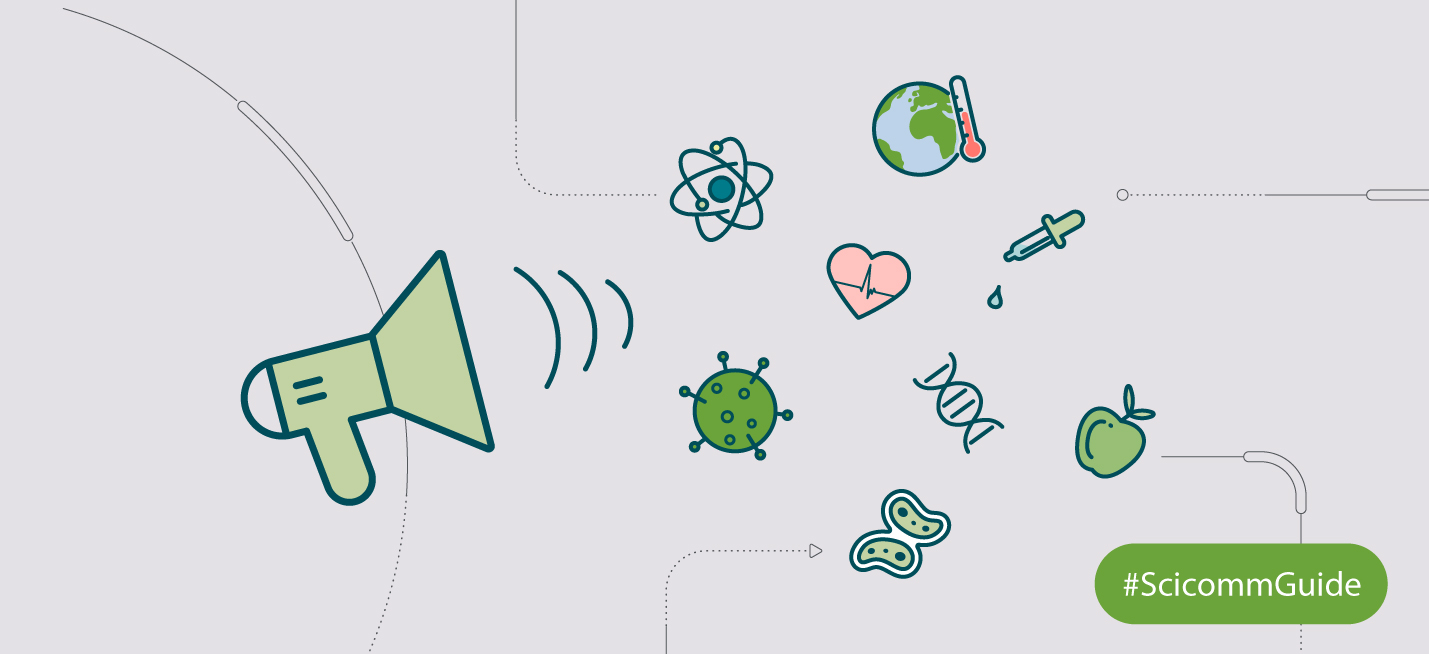Lessons for the Next Pandemic
by Grayce Mores, updated September 2022

Gravity is just a theory... does that mean it's just a guess?
Science is based on theories - "substantiated explanation[s] of some aspect of the natural world behaved under certain circumstances" - meaning that "truth" is never final. The scientific process is iterative, so "truth," along with recommendations made based on scientific evidence, changes as new information is uncovered.
There can be a misconception that research and the scientific process provide absolute truth, but scientific knowledge is always tentative and subject to revision. Developing and changing information can give the public the impression that scientists were wrong, lying, or deliberately misleading, paving the way for mis- and disinformation.
Scientific Messaging
Scientific writing is often geared towards other scientific professionals and can be confusing for people unfamiliar with specialized terms and procedures.
Scientists aren't traditionally taught to market their messaging towards the public - meaning important information may get lost in translation, leaving room for misinformation to fill in the gaps.
Misconceptions of Scientific Truth
Many people became frustrated with the Centers for Disease Control during the Coronavirus Pandemic, as preventative measures were declared, explained, changed, removed, reinstituted, and changed again. For example, at the beginning of the pandemic there was intense debate on the wearing of masks, the effectiveness of masks, and what types of masks people should be wearing. Masking, a preventative measure that can reduce the spread of airborne respiratory droplets containing coronavirus, became a politicized issue, and caused many people to be frustrated with the changing requirements as the CDC uncovered new information about viral transmission.
What factors contributed to the rampant misinformation about COVID?